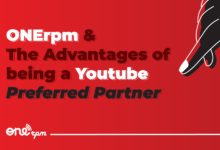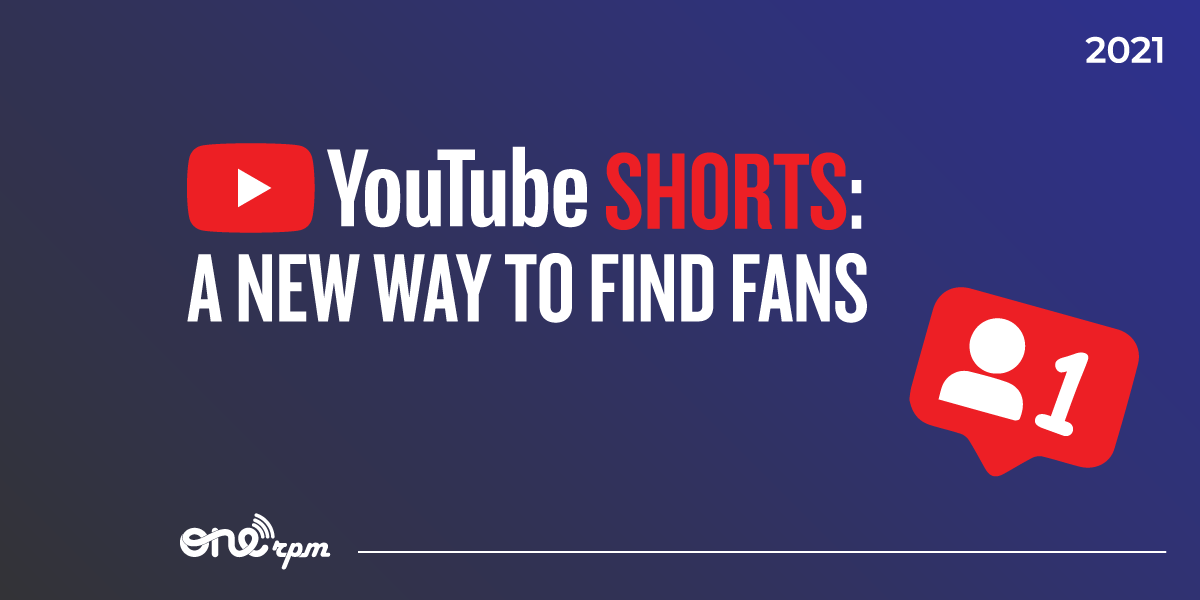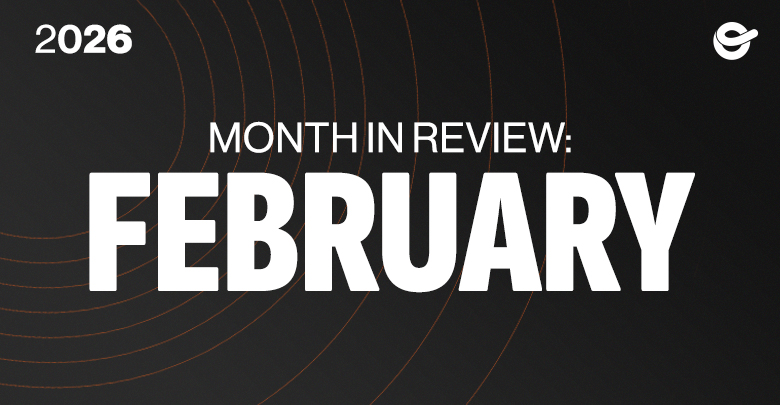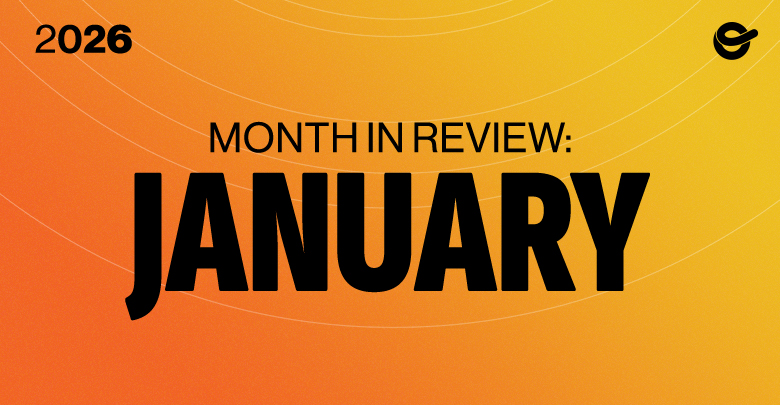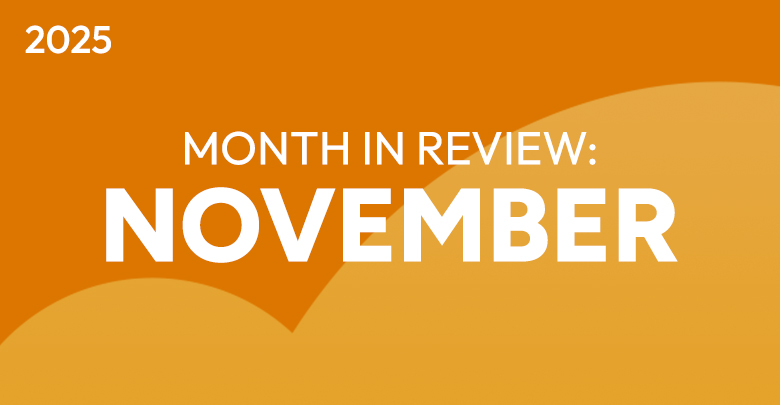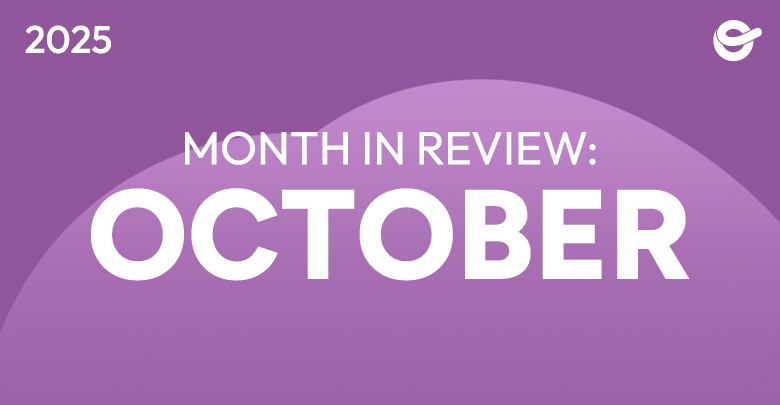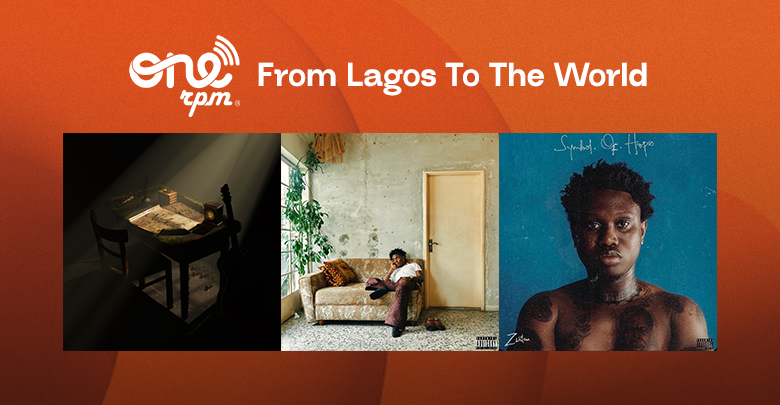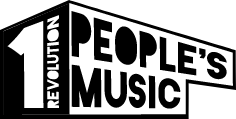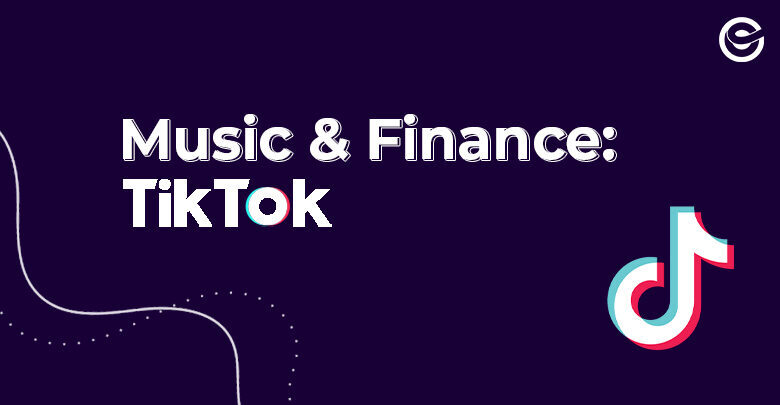
TikTok’s Big Test
TikTok Tests Sound Usage In Australia
Overview
In October of last year, we wrapped up and reviewed the controversy surrounding TikTok’s means of securing licensed music, and the payment model used. The main takeaway being that TikTok is acquiring music from labels through one time payments, rather than sharing a portion of the revenue said music generates. In short, TikTok is underpaying music rights shareholders massively, claiming that mainstream music is not the reason for TikTok’s success or popularity.
Australia Tests The Theory
In hopes of proving that TikTok’s popularity is not thanks to mainstream music, and further justifying their mode of payment to labels, the platform is running a month-long test in Australia to analyze how music is accessed on the platform. The test’s parameters are as follows: remove the licensed sound from creators posts, and track the subsequent change in engagement and user impact. Pretty straightforward, right? Right.
The only issue with TikTok’s test is precisely its straightforward, honest approach. While there were likely any number of more elaborate, complicated tests TikTok could have run to provide them a more skewed, favorable response, the simplicity of this test suggests an equally simple result. Engagement will either remain stable, or plummet following the removal of sounds.
Early results heavily suggest the latter, with many Australian creators up in arms having been unwillingly forced to test a platform change that’s only led to a reduction in engagement. In some cases creators reported that more than 50% of their back catalog had been rendered “unwatchable.” As a result many are considering abandoning the platform altogether, with The Australian Edition of The Guardian reporting that many creators have been approached by similar short form content about exclusive deals.
Next Steps
Regardless of a positive or negative outcome, TikTok’s test in Australia foreshadows change on the horizon. With labels applying continual pressure, TikTok will soon be forced to decide on sharing revenue with music rights shareholders, or risk losing the lion’s share of their licensed music library.




